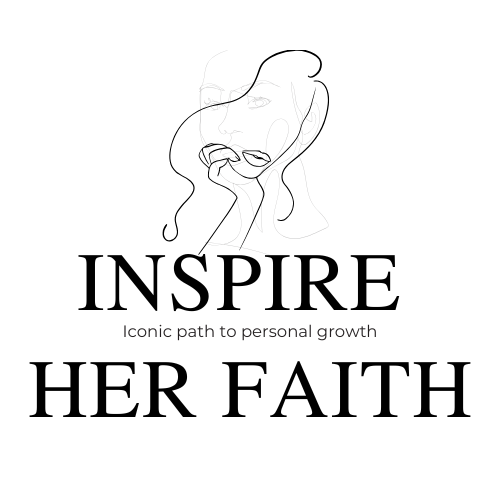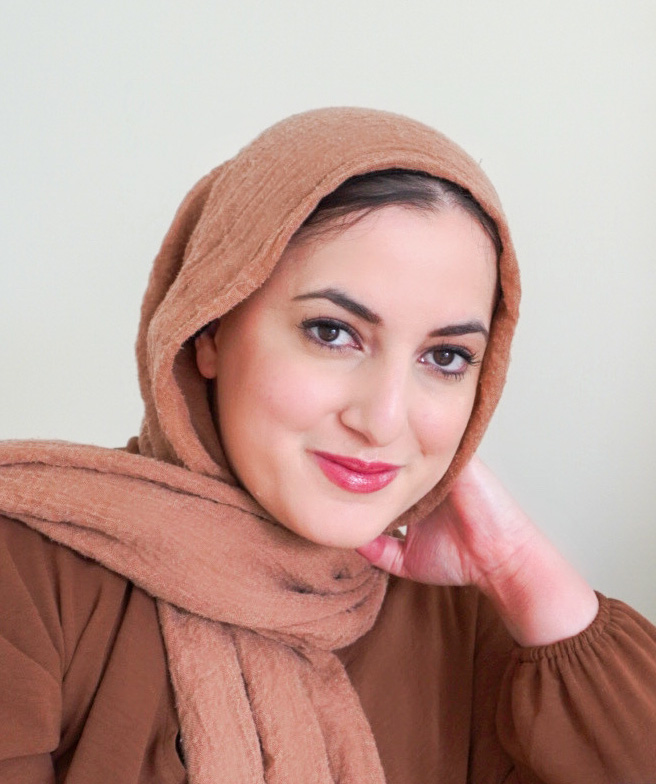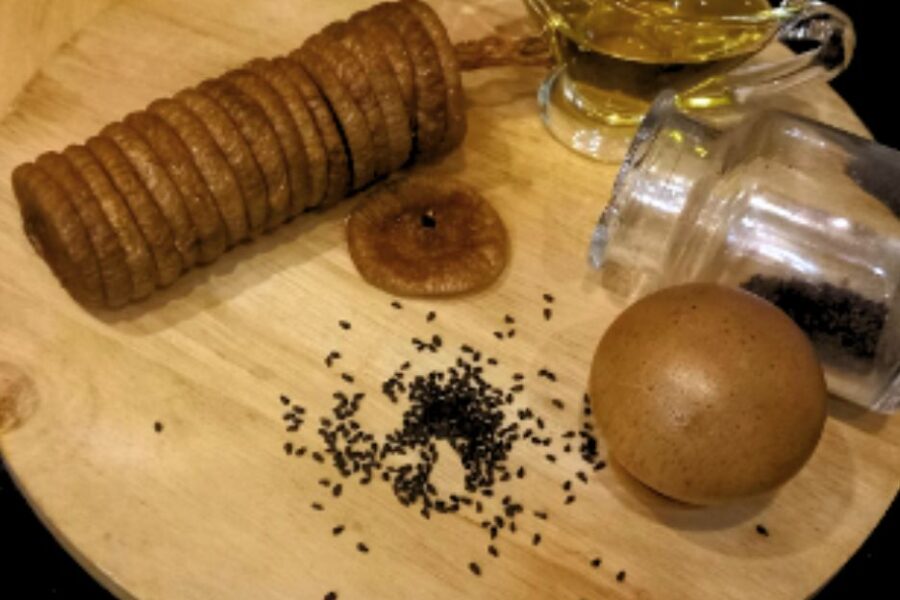
I often struggle with consistency when it comes to my self-care routine. Some days are definitely harder than others, but I have begun to look at it differently. Self-care includes many aspects from diet and exercise to skincare and grooming.
I often feel that if I am unable to take care of everything daily then I have failed. What I forget sometimes is that self-care is an act of worship in Islam. Allah (SWT) holds us accountable for practicing self-care, not for our specific routines.
Our bodies are an Amana (trust) from Allah (SWT). The beauty of this is that by engaging in any form of self-care, we receive His rewards. Our bodies do so much for us on a daily basis and it is important that we are mindful in caring for them.
Self-care can be a challenge at times. We all have our busy schedules and sometimes we forget ourselves. I often find myself jumping right to work with coffee rather than eating breakfast. Forgetting that with the right intention, eating breakfast has its rewards.
Dr. Tesneem Alkiek said, “The Prophet (PBUH) set a standard in which we should be mindful of what we eat and how we care for our bodies.” Allah (SWT) loves His believers so much that He rewards us for self-care and has given us the best example to follow.
The Role of Mindfulness, Moderation, and Intention
Being mindful of your limitations and how to care for your particular body is crucial.
Prophet Muhammad (PBUH) said,
“The worst thing you can fill is your stomach, so always leave one third of the room for air.”
This means that yes, feed yourselves, but never overfill. That is another beauty of Islam, we receive rewards for moderation. Alkiek said, “Overeating, for example, is a disease of the heart because it causes sluggishness and a lack of focus and productivity in your worship.”
When we are mindful of our consumption, we are able to set more clear intentions within ourselves. Setting the right intention can look like a balanced breakfast to clear your mind for prayer.
It can also look like making breakfast to take your medication or vitamins. We all have different needs and should be mindful of our bodies to set the right intentions. As women, we need extra self-care and grace, especially during menstruation and pregnancy.
Divine Wisdom for Women’s Health
It is no secret that women need extra rest during menstruation and pregnancy. During menstruation, I find myself in pain, but feeling guilty about my productivity.
The irony here is that while I think resting is a hindrance to my success, it is quite the opposite. Success always comes from Allah (SWT) and Him alone, if I am taking care of my body, I am successful.
As women, our bodies go through a lot during our periods, pregnancy, and so forth. Which means we are receiving many rewards for caring for our bodies more so during these times.
Allah (SWT) tells us not to pray during menstruation because our bodies are doing so much during this time. He also tells us to abstain from fasting during menstruation and pregnancy. If Allah (SWT) has told us to rest from our obligations, who are we to say otherwise? So give yourself grace, rest when needed, take vitamins, and eat healthy.
Be sure to also follow your doctor’s orders because even that has its blessings. Allah (SWT) has blessed you with your body and self-care looks different to everyone.
Find What Works Best for You
The important thing to note is that caring for our individual bodies looks different to each of us. What works for someone may not work for you. Along with following Prophet Muhammad (PBUH)’s example, consult a doctor to find what works for you.
In today’s society, there are many diets and routines that it is sometimes difficult to navigate. Remembering that Allah (SWT) created us different is key. We need to look at these different diets and routines and see if it works for us as individuals. We all have our own set of limitations, whether physical or mental.
Self-care is not always physical, our mental health plays a major role. It is important that you realize Allah (SWT) sees all and knows all. He knows your intentions, He knows what is in your heart and mind. If you are trying and making progress every day, your efforts will never go unnoticed by the Almighty. Again, progress looks different to everyone. I have learned this firsthand.
Embracing Progress in the Self-Care Journey
When it comes to my personal journey, I am reminded of what the Prophet (PBUH) said.
“There are two particular blessings that people miss out on or do not take advantage of: health and free time.”
You never realize how drastically things can change until they do. We all get a taste of it when we get the common cold. We start to remember how good it felt when we were healthy.
In my mid-20s, I started experiencing frequent falls and difficulty with stairs and walking. I thought that because no one else around me was experiencing this, then it must mean that I need to visit the gym more. It turned out, it was not that simple.
After seeing a doctor, I learned I am a carrier for a genetic disease causing muscle weakness. In fact, the doctor informed me that some exercises can cause more muscle damage.
Self-care looks different to me now. I am still learning what my limitations are. I find myself afraid of taking a walk alone out of fear of falling or over exhausting myself. Most days I find it difficult to do anything, but I am starting to realize that I need to keep trying.
I am comforted knowing that Allah (SWT) knows my intention. He sees my efforts and God-willing I am rewarded for that. I need to remind myself that my progress looks different, but it is still progress nonetheless.
Self-Care as a Gateway to Blessings
There are many opportunities for rewards and blessings in Islam. Something that may be as simple as self-care is an act of worship alone. Allah (SWT) has entrusted us with our bodies. By caring for it, you are earning rewards.
On top of that, proper self-care is your gateway to productivity in all that you do. You will have more energy to focus on other areas of worship, your family, your job, and everything between.
Allah (SWT) created us in our different individual forms for a reason. So be kind to yourself and do what is best for you and your body. Be sure to partake in self-care practices that allow you to rest when needed. Because even while resting, Allah (SWT) rewards you.




